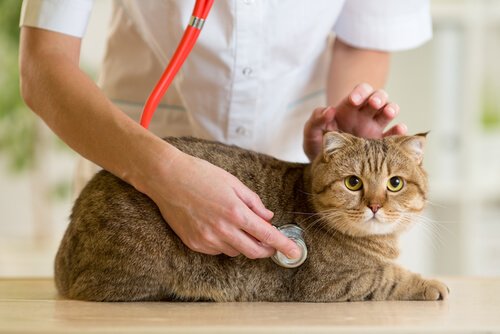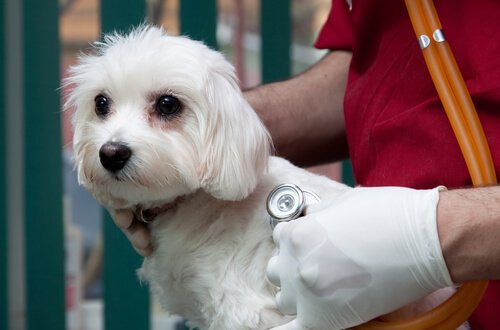Attention! Veterinary Malpractice


Written and verified by the lawyer Francisco María García
Lack of preparation, negligence, inexperience, imprudence or poor veterinary malpractice can all affect your pets’ health. Choosing the right professional is one of the most important tasks when it comes to welcoming or adopting a pet. After the owner, the vet should be the second most interested person in ensuring the welfare and healthy growth of your pet.
It’s uncommon to hear of owners that are unhappy with their vet due to a service that hurt their pet.
As with doctors that treat us, veterinarians can also make mistakes due to inexperience or lack of knowledge, among other reasons. Animal organizations, protective associations, etc. receive a lot of complaints, either in person or via social media.
The concept of veterinary malpractice

First, let’s point out that no veterinarian treats a patient with the intention of doing harm to an animal or causing their death. They do everything they can to ensure that they provide proper care in order to get the best response from the patient.
Among the common malpractices are:
- Poor communication with the pet’s owner. This has to do with the probable diagnosis, prognosis, possible complications, risks and side effects of the procedure or medicine. This also includes treatments, alternative therapies, and a clear and complete report of the animal’s condition.
- When a treatment isn’t effective, it’s necessary to make a new diagnosis and to try a new therapy.
- Performing any medical, clinical or surgical procedure that the professional isn’t trained for is another form of malpractice.
- When there is need of intervention, it’s necessary to implement a complete clinical exam and any necessary laboratory tests. Pre-surgical exams should also be carried out to guarantee a positive result.
- A common malpractice is not having the documents that testify to the veterinarian’s skills. These include medical history, anesthetic records, analysis of results, clinical evolution, etc.
How to act when facing veterinary malpractice
Complaints usually arise when something serious happens, like the death of an animal or serious side effects. It’s important not to make any immediate complaints. The first thing you should do is request a copy of the animal’s clinical history to be evaluated. Then, you can take the other necessary steps.
A factor that needs to be looked at is if it’s a veterinary medical activity. You have to keep in mind that grooming and daycare services aren’t usually considered parts of veterinary medicine.
To verify the veterinary malpractice, the animal’s owner has to provide some proof of the behavior that’s contrary to professional ethics. Once you have this documentation, you can file a complaint to the corresponding authority. Once the authority checks the information, they can impose sanctions such as verbal or written notice to suspend their professional practice for a certain period of time. This may also include compensation to the animal’s owner, depending on the severity of the case.
Statistics of veterinary malpractice
Of all of the complaints that owners make, very few actually sanction the veterinarian. The majority are dismissed because there’s not enough evidence or because the pet owner is only concerned about compensation, but doesn’t actually have a document to support their claim.
Almost half of the sanctions that take place are due to negligence, recklessness or lack of skill in the surgical field. The problem may occur before, during or after surgery, especially in sterilization and orthopedic operations.
Useful tips to avoid veterinary malpractice

- The veterinary clinic you choose must have adequate space and facilities to care for pets. Make sure you take a good look at it.
- The veterinarian must be an accredited professional and have the necessary licenses from competent authorities.
- The attitude of the specialist and others who work in the office is also important. Good communication is essential for the prevention and treatment of any disease in your pet.
This text is provided for informational purposes only and does not replace consultation with a professional. If in doubt, consult your specialist.